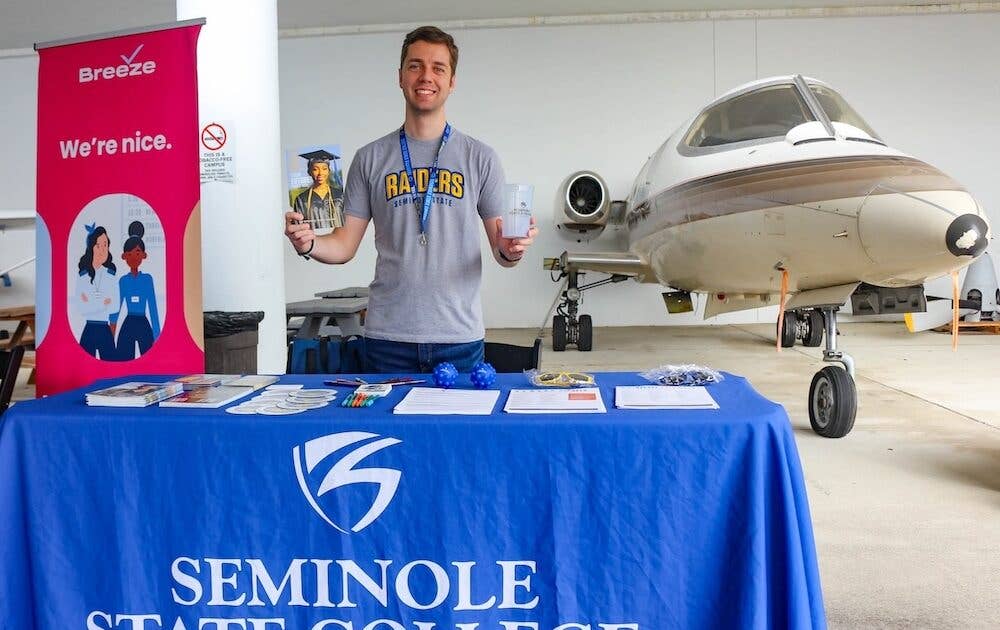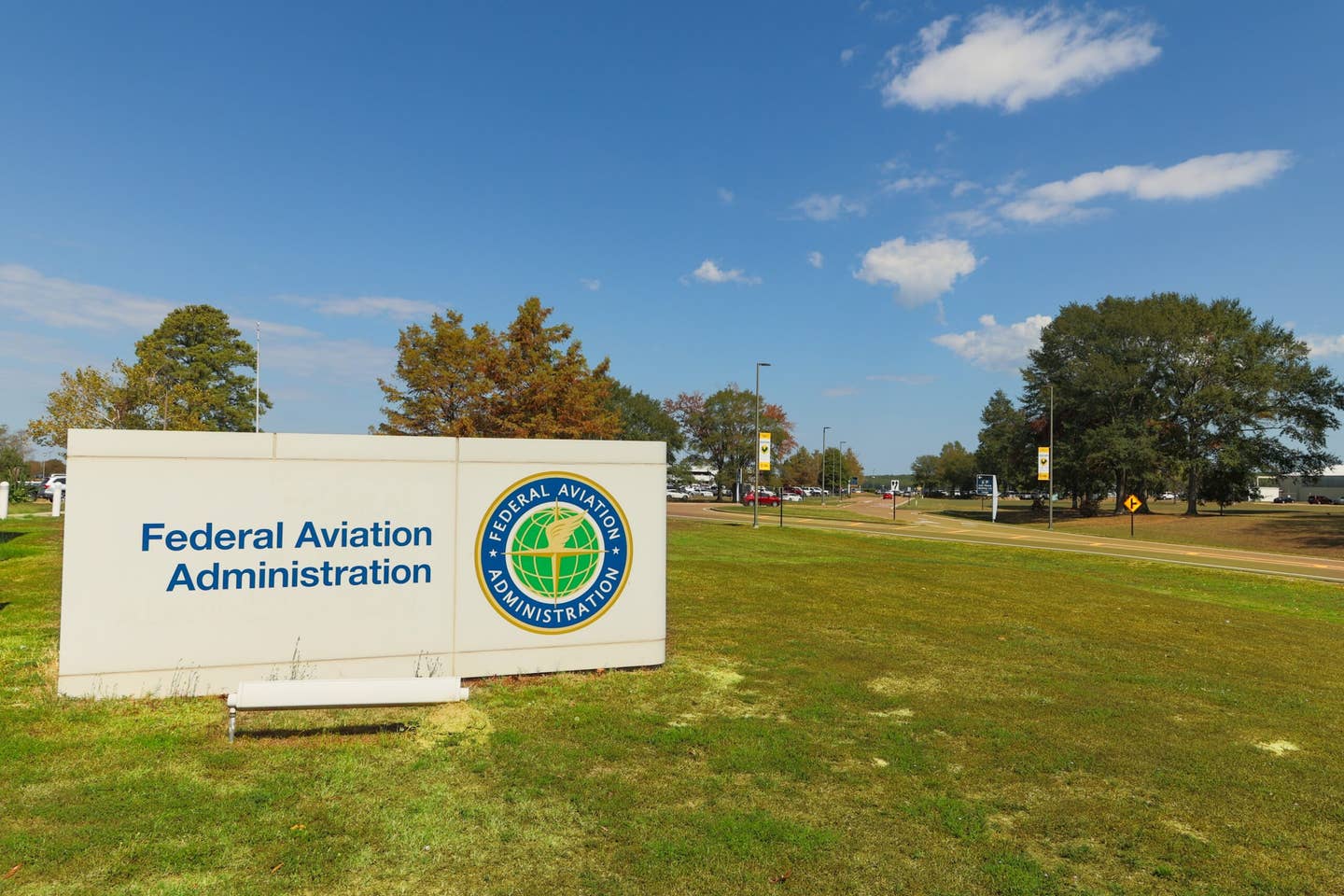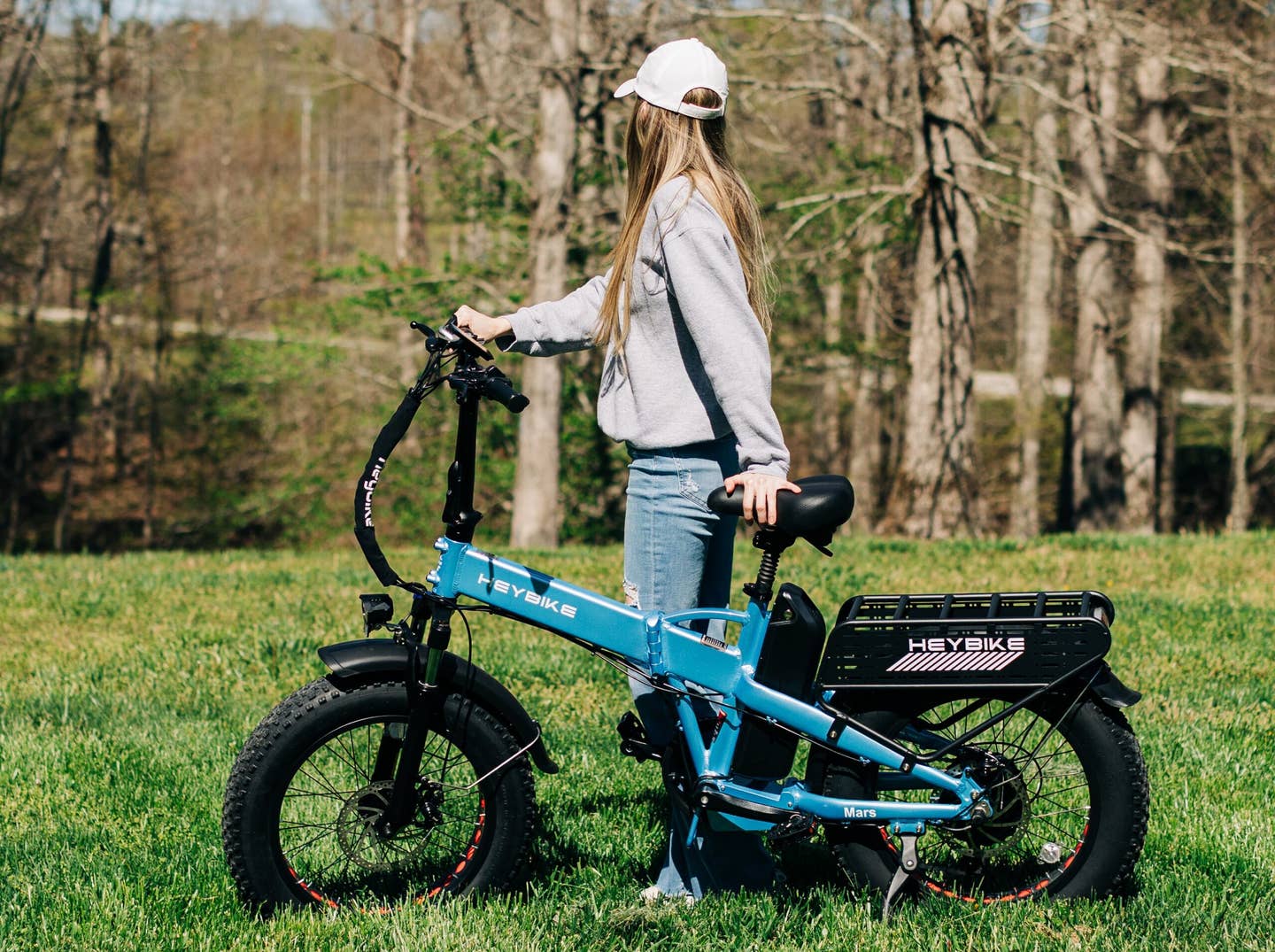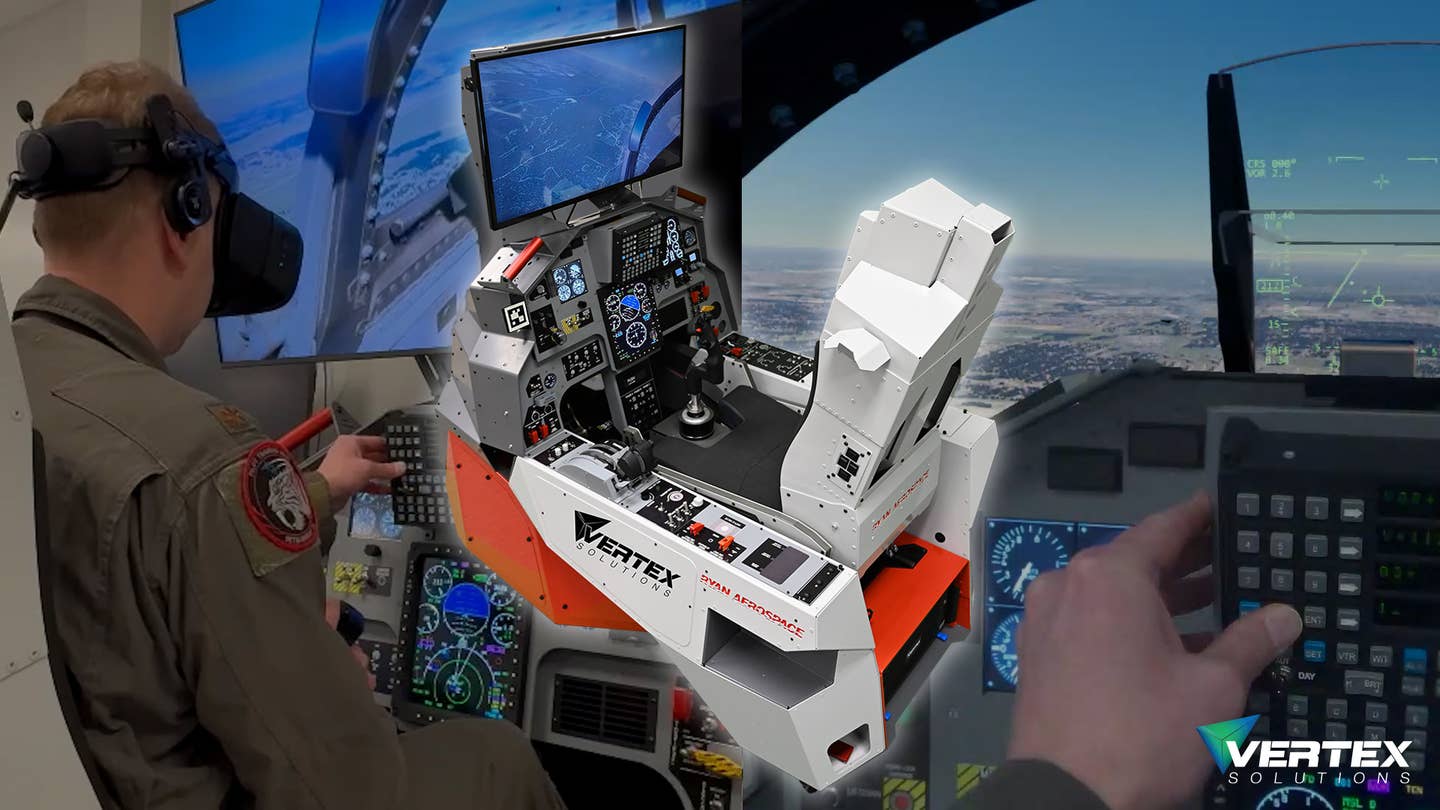Lilium Partner UrbanLink Eyes California eVTOL Expansion
The newly formed operator is working with Ferrovial Vertiports to build a network for the manufacturer’s flagship Lilium Jet in Florida and California, including Los Angeles.

UrbanLink, which intends to purchase and operate 20 Lilium Jets, is working with Ferrovial Vertiports to build takeoff and landing sites in Florida and California. [Courtesy: UrbanLink Air Mobility]
German electric vertical takeoff and landing (eVTOL) aircraft manufacturer Lilium is preparing new U.S. markets for its flagship Lilium Jet.
UrbanLink Air Mobility, a newly formed operator of advanced air mobility (AAM) aircraft that in May agreed to purchase and operate 20 Lilium Jets, on Monday partnered with Ferrovial Vertiports to build a network of takeoff and landing hubs in South Florida and Southern California, including Los Angeles. The partners plan to add more locations to the network.
While not explicitly named in the agreement, Lilium in 2021 enlisted Ferrovial, the parent company of Ferrovial Vertiports, to build at least 10 vertiports covering “all major cities across Florida.” UrbanLink intends to launch initial eVTOL routes using the Lilium Jet by summer 2026, one year later than the planned U.S. debuts of eVTOL air taxi companies Archer Aviation and Joby Aviation.
“This partnership is a critical step in accelerating the deployment of our Lilium Jets and enhancing connectivity in the U.S., bringing us one step closer to making AAM a reality,” said UrbanLink chairman Ed Wegel, who founded the company in May.
Wegel is also the founder and former CEO of Global Crossing Airlines, for which he currently serves as a board member, and recently founded a scheduled carrier startup, Zoom! Airlines, that will deploy Embraer E-Jets. He said Zoom! will “work closely” with UrbanLink to provide passenger connections.
For UrbanLink and Lilium to succeed, they will need to have the proper infrastructure in place. Vertiports are to eVTOLs what airports are to commercial airliners. Without them, the aircraft lack a place to take off, land, and charge.
The Lilium Jet is no exception. It uses 36 electric ducted fans embedded in its wings for vertical propulsion, which the company says greatly reduces noise. Compared to propeller-based eVTOL designs, the aircraft sacrifices efficiency during the takeoff and hover phase in exchange for more efficient cruising on its fixed wings.
The manufacturer’s flagship model is designed for a pilot and up to six passengers, cruising at 162 knots on trips between towns and inner cities spanning 25 to 125 sm (22 to 109 nm).
UrbanLink and Ferrovial Vertiports will collaborate on vertiport site selection, facility design, and planning for future Lilium Jet operations, beginning with the manufacturer’s planned South Florida network. In February, Lilium tapped Orlando International Airport (KMCO) to be the main hub in that system and is working with the airport to install a vertiport.
Fractional aircraft ownership firm NetJets is also part of the company’s South Florida plans, having signed a memorandum of understanding (MOU) in 2022 for the purchase of up to 150 jets. Houston-based Bristow Group will provide maintenance services, and FlightSafety International has agreed to train eVTOL pilots for the company.
Outside Florida, UrbanLink and Ferrovial view Los Angeles and the broader Southern California region as the next potential market for the Lilium Jet.
Notably, Ferrovial Vertiports locations are intended to be accessible to any eVTOL design, meaning UrbanLink—or another operator—could one day use them to host multiple aircraft models.
“Our focus is on ensuring that an agnostic vertiport network is in place for operators like UrbanLink when eVTOLs gain certification,” said Kevin Cox, CEO of Ferrovial Vertiports.
On that front, Lilium hopes to achieve European Union Aviation Safety Agency (EASA) type certification as a Part 21 commercial aircraft in 2025. The aircraft has already received its certification basis, and Lilium in November became one of the first eVTOL manufacturers to receive EASA design organization approval (DOA), a required step for companies developing commercial designs.
The company is also the only eVTOL manufacturer to hold type certification bases from both EASA and the FAA. It hopes to leverage that status by activating the Bilateral Aviation Safety Agreement between the two regulators.
UrbanLink, meanwhile, claims it will be the first U.S. airline to integrate eVTOL aircraft into its fleet. eVTOL air taxi firms Archer and Joby have partnerships with United Airlines and Delta Air Lines, respectively. Archer will operate its flagship Midnight model on behalf of United through its Part 135 subsidiary, Archer Air, while Joby will operate its aircraft through Delta’s channels.
In addition, Lilium will work with FBO network Atlantic Aviation to electrify its network of more than 100 terminals. According to the manufacturer, Atlantic operates FBOs at 30 airports across South Florida, Texas, Southern California, and the Northeast Corridor, which comprise its planned U.S. launch markets. The partners will build eVTOL infrastructure at existing and future locations.
Atlantic is also collaborating with Archer, Joby, and another U.S. eVTOL manufacturer, Beta Technologies.
Like this story? We think you’ll also like the Future of FLYING newsletter sent every Thursday afternoon. Sign up now.

Sign-up for newsletters & special offers!
Get the latest FLYING stories & special offers delivered directly to your inbox






